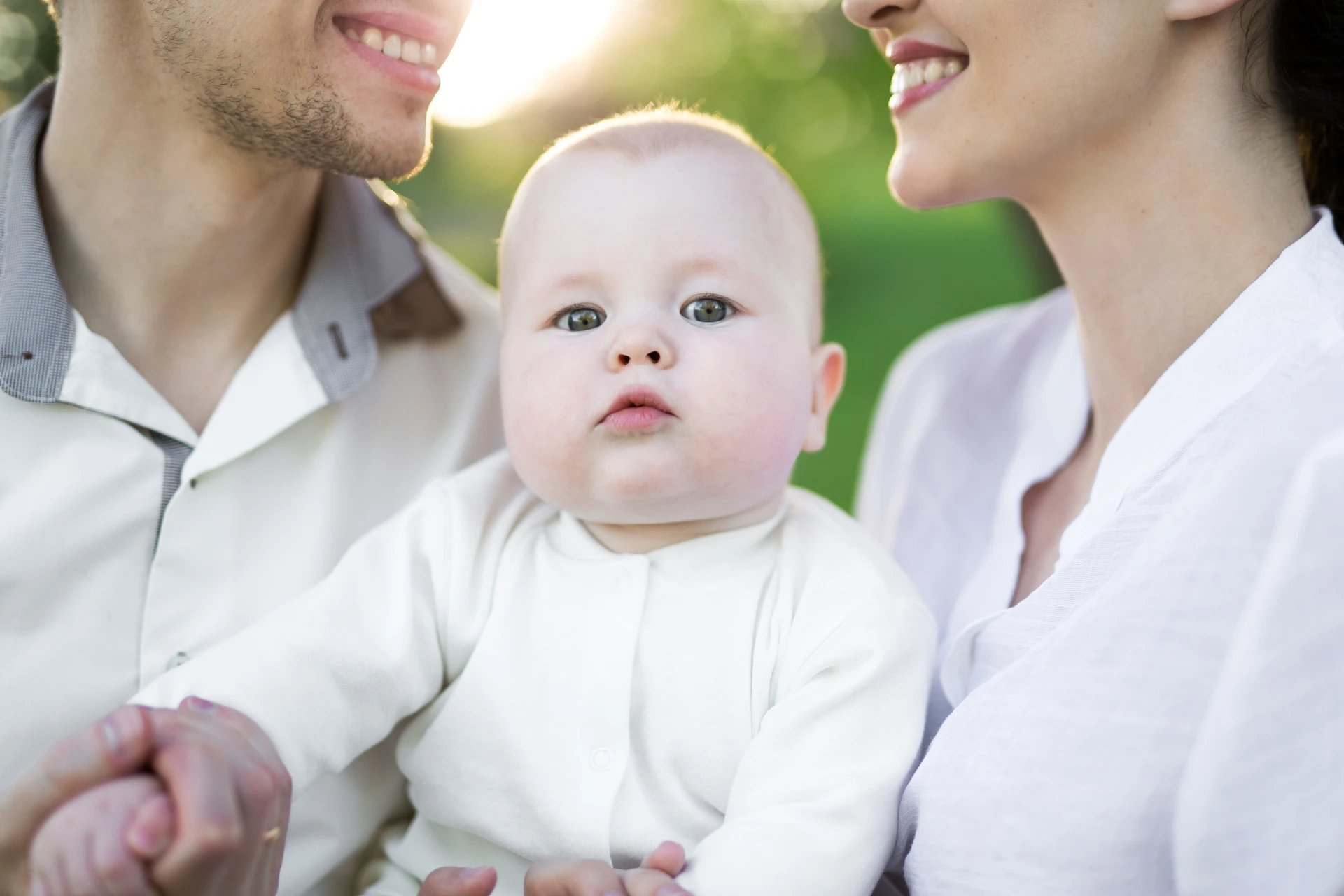Introduction: Understanding Grief in Modern Britain
Loss is a universal part of the human experience. Bereavement affects individuals from all walks of life, at any age. The death of a loved one, whether sudden or expected, can feel overwhelming, disorienting, and even life-altering. In the United Kingdom, one in five people will experience the loss of someone close to them each year, highlighting the importance of understanding the process of grief and how best to cope.
This whitepaper provides a comprehensive guide for those navigating grief or supporting others through bereavement. It covers the psychological impacts of loss, practical coping strategies, and the pathways to healing and hope.
The Nature of Grief: What is Bereavement?
Definitions
- Grief: The emotional response to loss, especially the death of someone with whom you share a significant bond.
- Bereavement: The period of mourning and adjustment following a loss.
Grief is Normal, But Everyone’s Journey is Unique
While grief itself is a natural response, each person’s experience varies greatly. Some may feel numb or shut down, while others cry often or feel intense anger. There is no “right way” to grieve, and healing is not linear.
Theories and Stages of Grief
While the grieving process is deeply personal, psychological research offers useful frameworks to understand it:
The Five Stages of Grief (Kübler-Ross Model)
- Denial – Struggling to accept the reality of the loss
- Anger – Feelings of frustration or helplessness
- Bargaining – “If only…” thinking; attempts to change the outcome
- Depression – Deep sadness, withdrawal, or hopelessness
- Acceptance – Coming to terms with the loss
Note: Not everyone experiences all stages or in this order. Moving back and forth between stages is common.
Dual Process Model
Bereaved people oscillate between:
- Loss-Oriented Activities: Focusing on sorrow, memories, and what has been lost
- Restoration-Oriented Activities: Adjusting to new realities, routines, and sometimes new roles
This balance helps facilitate longer-term adjustment and healing.
The Psychological Impact of Grief
Grief’s effects go beyond sadness. It touches every aspect of mental and physical wellbeing.
Emotional Symptoms
- Intense sadness, longing, or emptiness
- Anger or resentment
- Guilt or self-blame
- Anxiety and fear (about the future, mortality, losing others)
- Relief (especially following a long illness, which can lead to complicated feelings)
Physical and Cognitive Effects
- Sleep disturbances or nightmares
- Change in appetite or weight
- Fatigue and lack of energy
- Difficulty concentrating or memory lapses
Social and Behavioural Changes
- Withdrawing from friends and activities
- Avoiding reminders of the loss
- Irritability or restlessness
Complicated Grief: When Healing Feels Impossible
For some, the intensity of grief does not fade over time and may even worsen. This is sometimes called prolonged grief disorder or complicated grief.
Signs include:
- Persistent, intense yearning for the deceased
- Difficulty trusting others or resuming daily life
- Ongoing sense of meaninglessness
- Self-neglect or risky behaviour
If grief is severely impacting daily life after several months, professional help is essential.
Healthy Coping Strategies
1. Allow Yourself to Grieve
There are no set timelines. Accept your feelings, whether anger, sadness, or even moments of relief, without judgement.
2. Express Emotions Safely
- Talk: Share memories and emotions with trusted friends, family, or support groups.
- Write: Keeping a grief journal to record thoughts or letters to the deceased can help process complex feelings.
- Creative Expression: Art, music, or poetry offer outlets for feelings that words can’t reach.
3. Maintain Self-Care
- Try to eat regular meals and get enough rest.
- Gentle exercise, like walking, can ease anxiety and improve mood.
- Avoid excessive alcohol or substance use, which can delay the healing process.
4. Establish New Routines
Carrying on with daily responsibilities helps restore a sense of normality and purpose.
5. Seek Support
- Don’t be afraid to ask for practical help, such as meals or childcare.
- Joining a bereavement group (local or online) can reduce isolation and offer comfort from others who understand.
Supporting Children and Adolescents Through Grief
Young people experience bereavement differently from adults and benefit from age-appropriate support.
Key Principles:
- Be honest about the death, using clear language (“died” instead of euphemisms).
- Encourage questions and answer truthfully, even if the answer is “I don’t know.”
- Maintain routines where possible; children find security in the familiar.
- Allow and support expressions of sadness, anger, or confusion.
- Schools, charities (such as Winston’s Wish), or professional counsellors can all play roles in helping children recover.
Grief and Cultural Differences
How people grieve can depend heavily on cultural, religious, and familial traditions.
- Rituals, funerals, and memorials can provide comfort and meaning.
- Community support is often channelled through places of worship or community groups.
- It’s important to respect each individual’s preferred ways of mourning.
When to Seek Professional Help
Most bereaved people adjust with time and support. However, seek help if:
- There are thoughts of self-harm, suicide, or giving up
- Grief feels as intense after a long time as it did at the start
- Daily functioning is severely impaired
- There are signs of post-traumatic stress (flashbacks, panic attacks, severe anxiety)
Counselling, cognitive behavioural therapy (CBT), and medication (when necessary) can all assist in recovery. Your GP is often the first point of contact.
Grief in the Workplace
Returning to work after a loss can be daunting. UK law provides some rights to bereavement leave, but emotional recovery may take much longer.
Tips for coping at work:
- Speak to your line manager or HR about your situation
- Ask for temporary adjustments (part-time hours, lighter duties)
- Make use of employee counselling services, if available
Real Stories of Healing
Ella, 37, Bath:
“My father’s death hit me hard. I spent weeks feeling numb, then angry. I joined a support group and found it comforting to hear others’ stories. Therapy helped me overcome guilt and rebuild my life.”
David, 63, Yorkshire:
“After 40 years with my wife, I felt completely lost. Friends kept inviting me out. Eventually, joining a choir gave my week structure and soothed the loneliness.”
Practical Tips for Moving Forward
- Create a memory box or album to honour your loved one.
- Celebrate their life, not just mourn their loss—talk about happy memories.
- Give yourself permission to feel moments of happiness without guilt.
- Consider volunteering or helping others, which can bring new meaning after loss.
- Remember, healing isn’t forgetting—it’s learning to live differently.
Frequently Asked Questions (FAQs)
How long does grief last?
There is no set timeline. Most people feel the rawest pain ease within months, but moments of sadness may return for years.
Should I avoid talking about the deceased?
No. Talking about your loved one helps keep their memory alive and can be an important part of healing.
Is professional help necessary?
For most, support from friends and family suffices. However, therapy can be invaluable for complicated or prolonged grief.
Can grief affect physical health?
Yes, grief is linked to sleep problems, lowered immunity, and even heart issues. Self-care and seeking medical advice, if concerned, is crucial.
Further Resources
- Cruse Bereavement Support
- Samaritans
- Child Bereavement UK
- Winston’s Wish
- NHS – Coping with Bereavement
Conclusion: Hope and Healing After Loss
While grief can reshape our world, with time, support, and self-compassion, it’s possible to find peace, acceptance, and even renewed purpose. Remember, you are not alone; help is always available, and healing unfolds in its own time.









